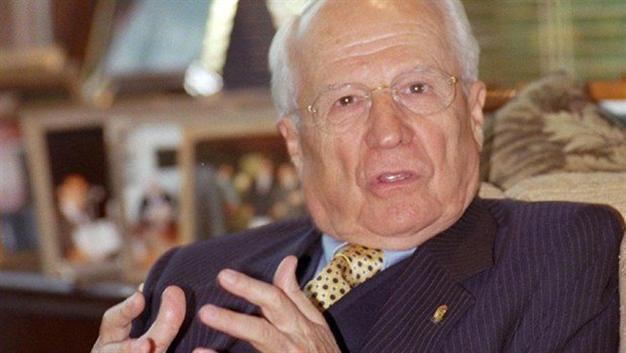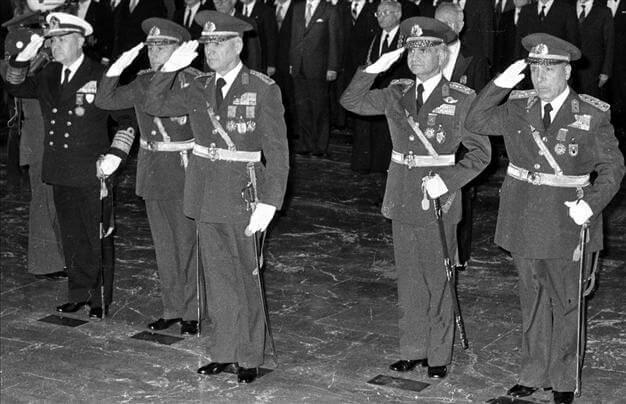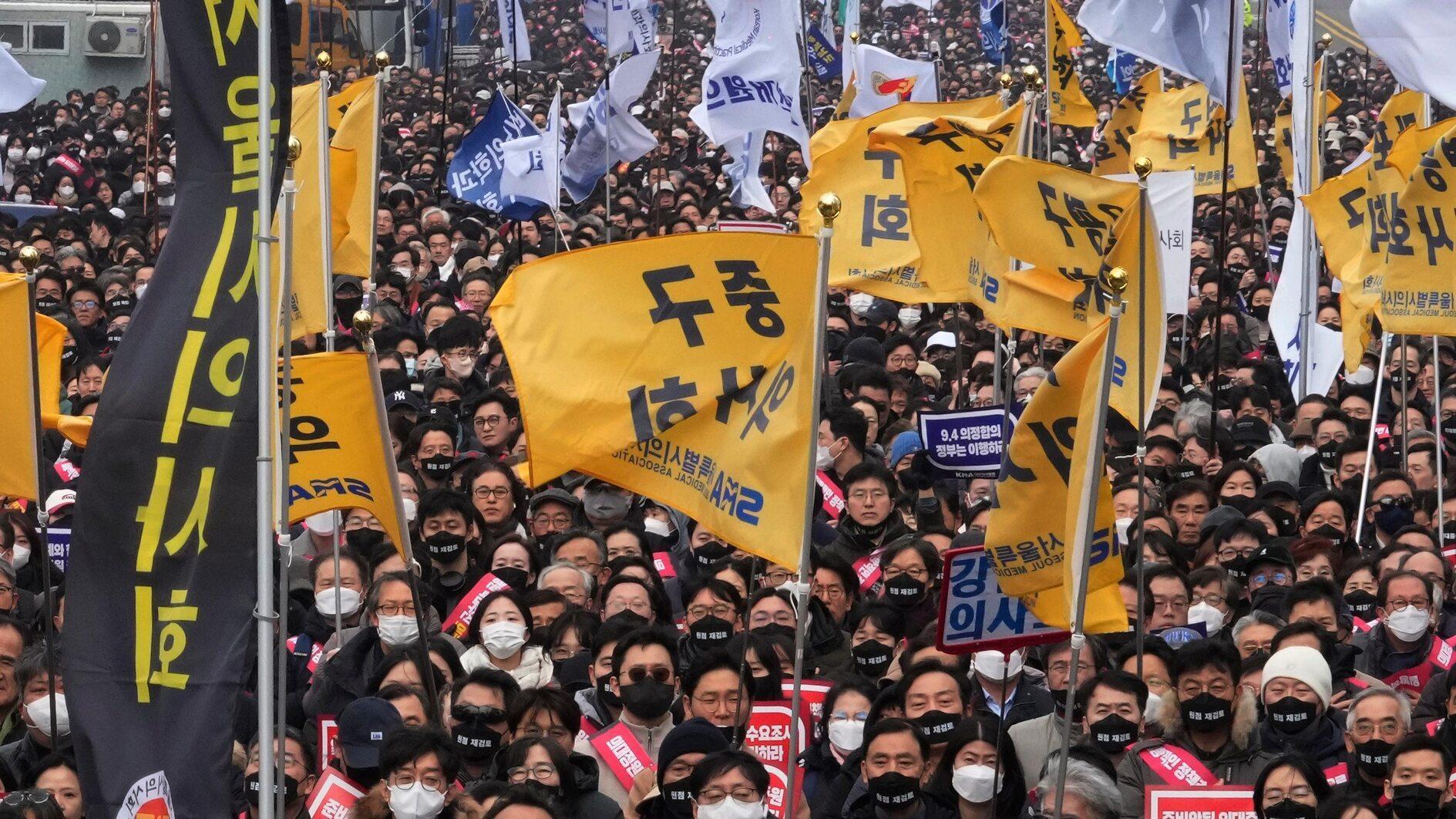Turkey’s convicted coup leader Kenan Evren dead at 98
ANKARA

Kenan Evren, the leader of the 1980 military coup, was Turkey's seventh president.
Kenan Evren, Turkey’s former coup leader and seventh president, died at a military hospital in Ankara late on May 9 due to multiple organ failure. He was 98.Evren was the leader of the Sept. 12, 1980, military coup d’état, as the Chief of Staff at the time.
The 1980 military coup, Turkey’s third, prompted a wide-ranging crackdown that left deep marks on society. Fifty people were executed, an estimated half a million were detained, many were tortured, hundreds died in prison and many more disappeared during the three years of military rule.
The coup leaders argued that they were forced to intervene to restore order after years of chaos, in which an estimated 5,000 people died in factional violence between leftist and rightist groups.
With a constitution approved by popular vote in 1982, Evren continued to hold the presidency until 1989, after the junta handed the executive power to a civilian government in 1983.

Evren and the only other surviving member of of then-National Security Council that led the junta, former Air Forces Commander Tahsin Şahinkaya, 90, were convicted to life in prison on June 18, 2014 as the two key defendants in the Sept. 12, 1980 military coup d’état case. Both generals were also demoted to the rank of private.
Şahinkaya is unable to leave his bed at the hospital.
After their convictions, the Constitutional Court unanimously rejected individual applications filed by Evren and Şahinkaya, which were made on the grounds that they had suffered “rights violations” during their trial.
Evren had previously said he would never testify and claimed that he would commit suicide before he could be tried. “I promise in front of my nation that I will not let this matter be dealt with in the courts. I will commit suicide,” he said in 2009, when the idea of a coup trial was discussed.
He later attended the trials via a video conference system.
















